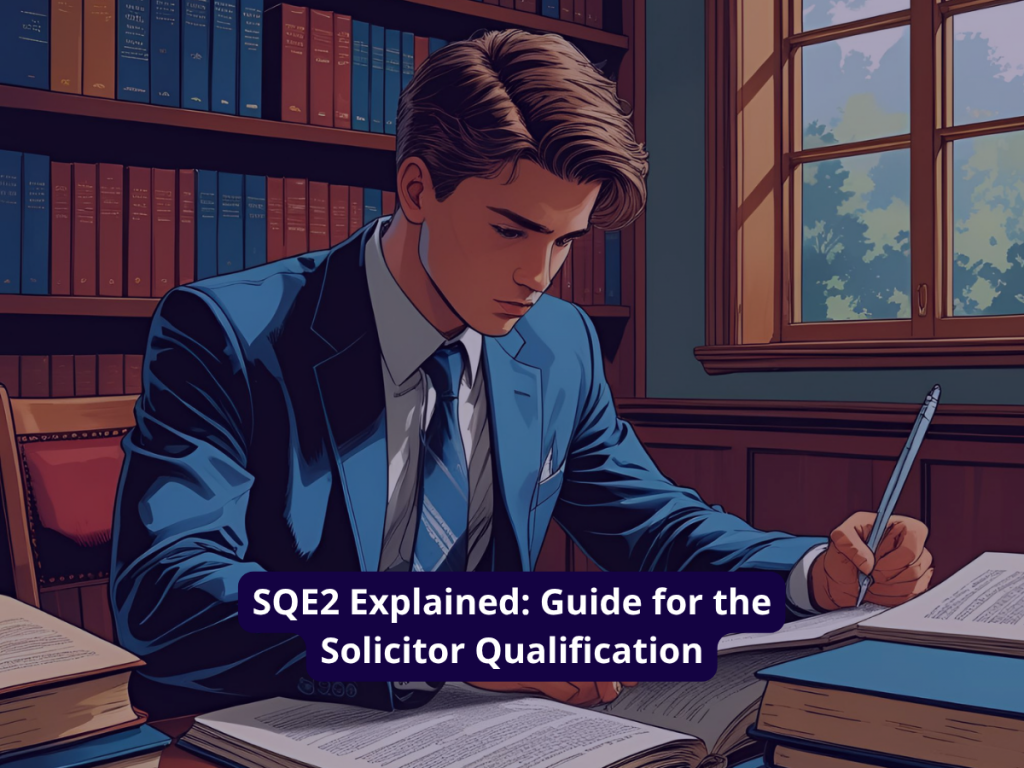Law Apprenticeships UK: Your Guide to Legal Training
Law Apprenticeships UK: Your Guide to Training with Datalaw Embarking on a legal career no longer requires following the traditional university route. Law apprenticeships UK

The Solicitors Qualifying Examination (SQE) is a pivotal component in the pathway to becoming a solicitor in England and Wales. The SQE is divided into two parts: SQE1, which focuses on legal knowledge, and SQE2, which assesses practical legal skills. Understanding the intricacies of this exam is crucial for anyone aspiring to practise law in these jurisdictions. Here’s a comprehensive guide on what you need to know about the SQE2.
This exam is the second stage of the Solicitors Qualifying Examination. It’s designed to test the practical skills of candidates, ensuring they have the competencies required to practise as a solicitor. This exam focuses on the application of legal knowledge in practical contexts.
SQE2 evaluates a range of skills essential for legal practice, including:
SQE2 is primarily a practical examination that may include:
The assessment is designed to reflect real-life situations that solicitors might encounter in their practice.
SQE2 is a critical step in the journey to becoming a solicitor. It assesses practical skills through realistic simulations, ensuring candidates are ready for the demands of legal practice. Preparation for SQE2 should be thorough, focusing on practical skills and familiarity with the assessment format. Successfully navigating SQE2, along with fulfilling other SRA requirements, paves the way for a rewarding career as a solicitor.
Law Apprenticeships UK: Your Guide to Training with Datalaw Embarking on a legal career no longer requires following the traditional university route. Law apprenticeships UK
Paralegal Apprenticeships: Kickstart Your Legal Career A career in law does not have to start with university. Paralegal apprenticeships provide a structured, hands-on route into
Legal Apprenticeships UK: A Pathway to Success The legal profession is evolving, and Legal Apprenticeships UK offer an alternative route to qualification that combines practical
Your Ultimate Guide to An Apprenticeship in Law UK Embarking on an apprenticeship in law UK is an excellent way to gain practical legal experience
SQE Apprenticeships: Secure Funding For Your Legal Career For those already working in law firms, progressing to full solicitor qualification can be an expensive and
SQE Funding: Financial Support in Solicitor Apprenticeships The Evolving Landscape of Legal Education The introduction of the Solicitors Qualifying Examination (SQE) has transformed the pathway